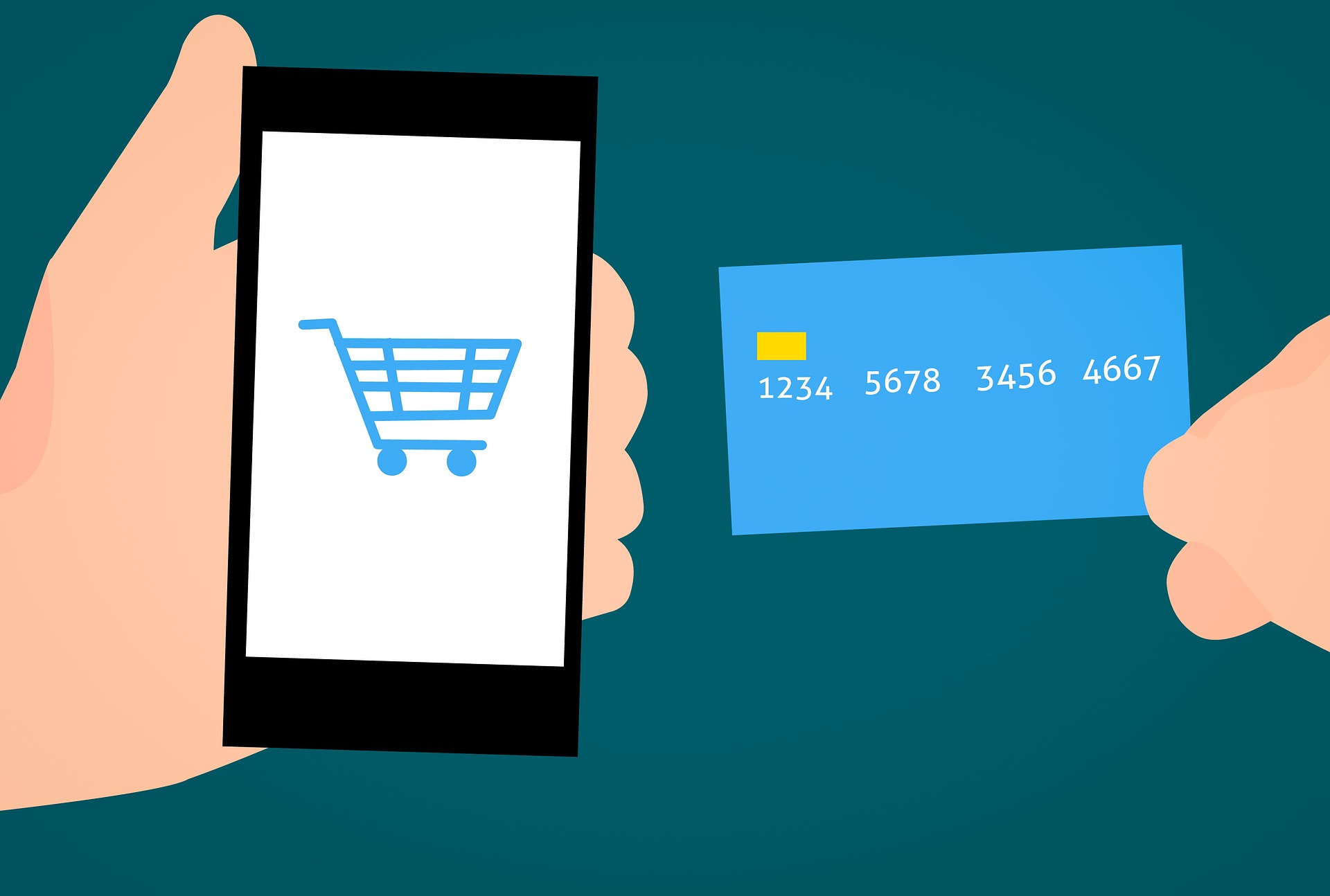As a business owner, accepting the cost of payment processing fees is akin to that of ditching a bad habit. Losing $50 off a $1,000 sale may feel like a blow, yet it is the necessary evil of doing business. As fewer shoppers prefer cash payments over the versatility of a credit card, you’ll have to come to terms with the exorbitant fees attached. Here’s everything you need to know.
Transaction Fees Will Vary
If you’re at a loss for why a $1,000 sale may set you back $40 with one supplier and $50 with another, know that not every payment processing company will adhere to the same fee structure. For instance, PayPal will charge higher fees than other payment processors. Fortunately, business owners have total freedom to shop for a diverse range of fee structures.
You Can Negotiate Fees
Not satisfied with your current fees? You’re at complete liberty to negotiate them with your processor. The more you rely on a principal processor, the more room you have to discuss a drop in rates and fees.
Hardware Doesn’t Come Cheap
To process payments, most sellers will use a terminal. Hardware will almost always come with a hefty price tag and long-term contract. However, to find a solution amid today’s primarily digital landscape is as easy as using e-cash, digital wallets, or cryptocurrency instead.
Different Types of Processing Come With Different Fees
For a hosted payment form to thrive, it must accept various methods of payment. That in mind, one bank may charge higher fees than another. A single transaction might also charge additional costs, such as terminal fees, annual fees, gateway fees, non-compliance fees, and the like. Don’t settle for a low flat rate—you never know what other charges you might incur!
More People Are Involved Than You Think
Payment processing doesn’t just involve you and your provider. Credit card providers, issuing banks, and processors also play the game. To process business transactions, you’ll need a merchant account and payment gateway. Yes, that’s at least five different entities processing a single transaction!
Payment Processing is Changing
Contrary to where it used to be, the payment industry is continually evolving. Nowadays, you’ll have more than your fair share of processors to select from and various Stripe checkout methods such as smartphone apps or digital currencies.
Are you catering mostly to Bitcoin users? No problem—there’s undoubtedly a gateway for it. Not to mention, online and mobile point of sale systems make accepting payments more accessible than ever before.
As the payment industry undergoes rapid change, there’s no denying an inevitable shift in fees and rates as well.
Conclusion
Unfortunately, there’s no sneaking by payment transaction fees when you run an eCommerce business. The good news is that there are a plethora of options that may best suit your business model. The more thoroughly you learn to navigate a myriad of portals and gateways, the more the fees will pay off in the long run.
Coming soon, you can launch your eCommerce website with Payment Page’s intuitive payment page builder! Along with the ability to accept various payments, you can supplement your form with a stunning design that gets customers checking out without a second thought.







